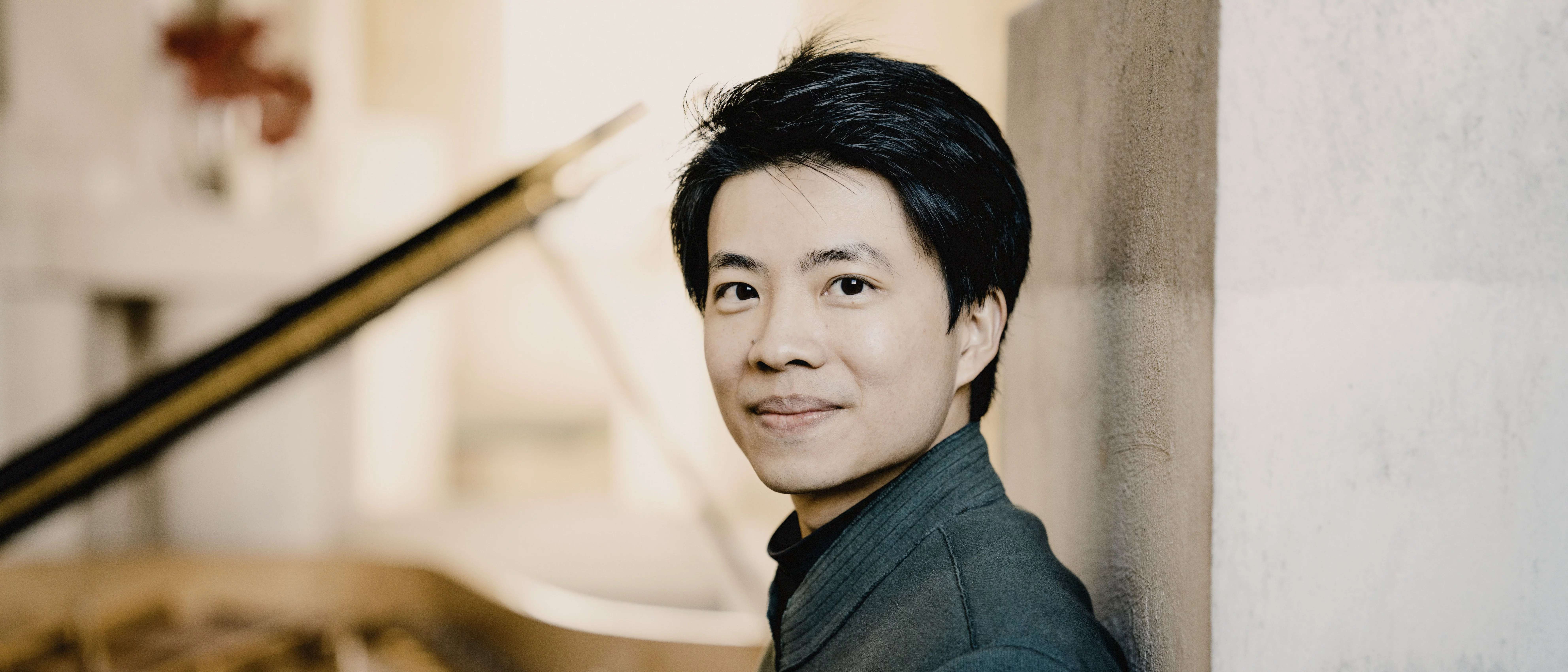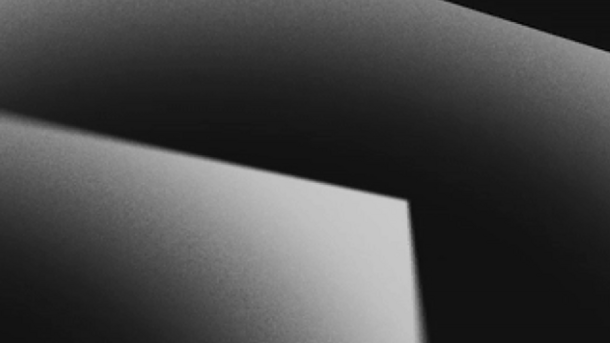
Concert information
Info
“It is the best thing I have written in my life”, declared Wolfgang Amadeus Mozart in 1784 of his piano quintet. Many of his most famous works had not yet been written, but the quintet remains a Mozartian jewel, with its melodic beauty and charming dialogues between the instruments. It is no wonder that the young Ludwig van Beethoven was inspired by Mozart’s example to write an equally enchanting quintet. Members of the Berliner Philharmoniker play both works with pianist Kit Armstrong. Contemporary counterpoints are provided in the form of wind quintets by Hans Werner Henze and Wolfgang Rihm.
Artists
Jelka Weber flute
Dominik Wollenweber oboe
Andraž Golob clarinet
Stefan Schweigert bassoon
Johannes Lamotke french horn
Kit Armstrong piano
Programme
Ludwig van Beethoven
Quintet for piano, oboe, clarinet, horn and bassoon in E flat major, op. 16
Hans Werner Henze
L’autunno. Music for five wind players
Interval
Wolfgang Rihm
Wind Quintet
Wolfgang Amadeus Mozart
Quintet for piano, oboe, clarinet, horn and bassoon in E flat major, K. 452

Chamber Music Hall
11 to 29 €
Introduction
19:30
Series Q: Philharmonic Chamber Music
Remaining tickets are available by telephone via +49 30 254 88-999 or at the box office.
Biografien
Jelka Weber
Jelka Weber, who received her first flute lessons at the age of eight, began her studies at the Munich Academy of Music with Hermann Klemeyer in 1990 and already played as a substitute in the Bavarian Radio Symphony Orchestra during this time. From 1994 to 1996, she was a scholarship holder of the Karajan Akademie under Andreas Blau, then principal flute of the Berliner Philharmoniker.
In 1996 she was engaged by the Magdeburg Philharmonic Orchestra as principal flautist, and the following year she joined the Berliner Philharmoniker. In addition to her work in the orchestra, Jelka Weber is also active as a soloist and chamber musician. She was a member of the Ensemble Berlin from 1996 to 2006. Since 1997, the multiple prizewinner of renowned competitions has been a regular guest of the Scharoun Ensemble Berlin and the Davos Festival. She has also been a lecturer at the Berliner Philharmoniker’s Karajan Akademie since 2008.
Dominik Wollenweber
Dominik Wollenweber studied with Hagen Wangenheim at the Munich Musikhochschule and with Simon Dent at the Richard Strauss Conservatory (also in Munich). From 1991 to 1993, he was taught by Hansjörg Schellenberger at the Berliner Philharmoniker’s Karajan Akademie; at the time, he was also principal oboist in the European Union Youth Symphony Orchestra under the direction of Claudio Abbado.
In 1992, Dominik Wollenweber was awarded the Bavarian Ministry of Culture Prize, and a year later he joined the Berliner Philharmoniker as an English horn player. In addition to his work in the orchestra and his chamber music activities, he has been a guest professor of oboe at the Hanns Eisler Academy of Music since 2000. He also teaches at the Berliner Philharmoniker’s Karajan Akademie.
Andraž Golob
Andraž Golob studied the clarinet at the University of Music and Performing Arts in Graz with Gerald Pachinger and Bertram Egger. He has won prizes at numerous competitions and taken masterclasses and lessons with Matthias Schorn, Kilian Herold, Harri Mäki, Andreas Schablas, Johann Hindler and Mate Bekavac. Andraž Golob gained his first orchestral experience through freelance work with the Graz Philharmonic Orchestra, the Nuremberg Symphony Orchestra and the Vienna State Opera.
He was also a member of the Gustav Mahler Youth Orchestra and an academy member of the Vienna Philharmonic. Andraž Golob has been a member of the Berliner Philharmoniker since October 2021.
Stefan Schweigert
Stefan Schweigert began his bassoon studies with Klaus Thunemann at the Hanover University of Music in 1981, when he was also playing in the German National Youth Orchestra. After graduating in 1985, the Kaiserslautern-born musician was immediately engaged as principal bassoonist with the Berliner Philharmoniker, in whose concerts he can often be heard as a soloist. Stefan Schweigert was a member of the Scharoun Ensemble Berlin for twelve years.
In addition to his orchestral work, he is also a guest performer with András Schiff’s soloist ensemble Cappella Andrea Barca and the Sabine Meyer wind ensemble. Schweigert, who teaches at the Berliner Philharmoniker’s Karajan Akademie, was also a professor at the Musikhochschule in Freiburg and is committed to promoting young musicians through masterclasses in Germany, Spain, Japan and the USA.
Johannes Lamotke
Johannes Lamotke, born in Cologne in 1985, received his first horn lessons with Miklós Varsányí in Bonn. He studied with in Frankfurt with Sibylle Mahni-Haas, in Berlin with Christian-Friedrich Dallmann, in Leipzig with Thomas Hauschild and in Cologne with Paul van Zelm. He also attended masterclasses with Ferenc Tarjáni, Pálma Szilágyi, Christian Lampert, Marie-Luise Neunecker, Erich Penzel and Frøydis Ree Wekre.
A prizewinner at the German national Jugend musiziert competition and the International Horn Competition in Békés, he began his career as an orchestral musician with the Bremen Philharmonic before moving to the orchestra of the Komische Oper Berlin as principal horn in September 2014. He has also played as a freelancer with the Deutsches Symphonie-Orchester Berlin, the Staatskapelle Berlin and the Bayerisches Staatsorchester Munich. Since August 2020, Johannes Lamotke has been a member of the Berliner Philharmoniker.
Kit Armstrong
Kit Armstrong was born in Los Angeles in 1992. He began composing at the age of five and received his first piano lessons shortly thereafter. At the same time, he showed exceptional talent in mathematics, science and languages. After studying piano at the Curtis Institute of Music in Philadelphia, he completed his musical education at the Royal Academy of Music in London.
He also completed a master's degree in mathematics at the Pierre and Marie Curie University in Paris. Kit Armstrong received important inspiration from Alfred Brendel, who was a formative influence on him as a teacher and mentor. Today he performs in the most prestigious concert halls in the world. He has been granted the Morton Gould Young Composers Award by the ASCAP Foundation in New York six times.
Plan your visit
Opening hours, program booklets, dress code, introductions and more
How to get to the Philharmonie Berlin
Whether by bus, train, bike or car: Here you will find the quickest way to the Philharmonie Berlin - and where you can park there.
Ticket information
Advance booking dates, opening hours, seating plans, discounts
